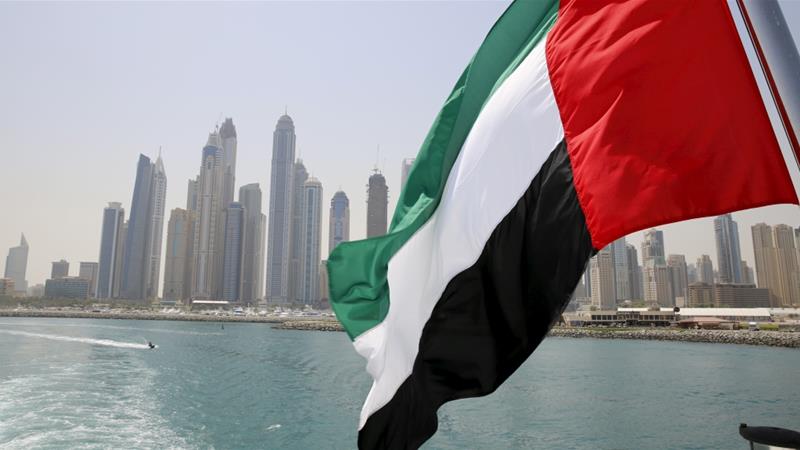During the 40th session of the United Nations Human Rights Council in Geneva, the United Arab Emirates (UAE) sponsored an exhibit speaking out against child sexual abuse and online harassment and purporting to highlight the role of interfaith dialogue in defending victims. While this exhibit attempts to demonstrate steps the UAE has taken to address child sexual abuse and online harassment, it obscures the Emirates’ lack of commitment to tangible policy reform in supporting victims and in promoting and protecting fundamental human rights that are critical to their well-being. Before declaring victory in the fight against sexual abuse, the UAE should take care to protect the fundamental human rights of all citizens, regardless of age, sex, gender, or belief.
The UAE government’s efforts to defend children against sexual abuse and harassment from online predators are, at face value, admirable. However, laws offering protection to children cease to offer the same protection to adults. Female victims in the UAE are routinely punished when filing complaints or attempting to speak out against sexual violence. In this manner, instead of holding abusers accountable, victims often become targets of slander, discrimination, and even detention. In 2013, for example, a Norwegian girl was sentenced to 16 months in an Emirati prison after reporting her rape to police. She was charged with “having extramarital sex, drinking alcohol, and perjury.” These policies protect sexual predators while silencing and shaming victims, enabling abusers to repeatedly offend without repercussions.
With this public display at the Council, the UAE attempts to highlight the important role interfaith dialogue plays in defending victims of abuse. Their exhibit claims that more than 200 different nationalities reside in the UAE, with supposed proof of the country’s tolerant attitude conveyed by the government offering diverse places of worship to its citizens and protecting their religious freedom. These values of respect and tolerance are highlighted in Law No 02 of 2015, “issued by the President, His Highness Sheikh Khalifa Bin Zayed Al Nahyan to protect all religions against hate, religious intolerance and discrimination.” As a starting point, the UAE’s desire to promote tolerant and peaceful coexistence between religions is applaudable. However, it stands in stark contrast to the government’s systematic suppression of political expression and dissent.
Freedom of expression is still a serious problem in this country. In order to protect all religions and to promote religious tolerance, it is first necessary to protect the different ideologies of citizens. However, the UAE has not ceased to arbitrarily arrest activists, dissidents, and human rights defenders who are critical of the government and its policies. Once detained, these individuals run a serious risk of being mistreated and tortured. The UAE’s cybercrime law has also been used in recent years to severely limit freedoms and attack fundamental human rights, as was the case for Dr. Nasser bin Gaith, who was sentenced to ten years in prison under the cybercrime law for making comments on Twitter criticizing the Egyptian government. Tayseer al-Najjar and Ahmed Mansoor are other examples of human rights defenders incarcerated and tortured on the basis of free expression charges. In addition, the UAE has installed a high-tech system of cyber-surveillance, which uses fear and intimidation in order to ensure compliance with the government. Tolerance and respect cannot thrive in tandem with the use of fear and intimidation.





